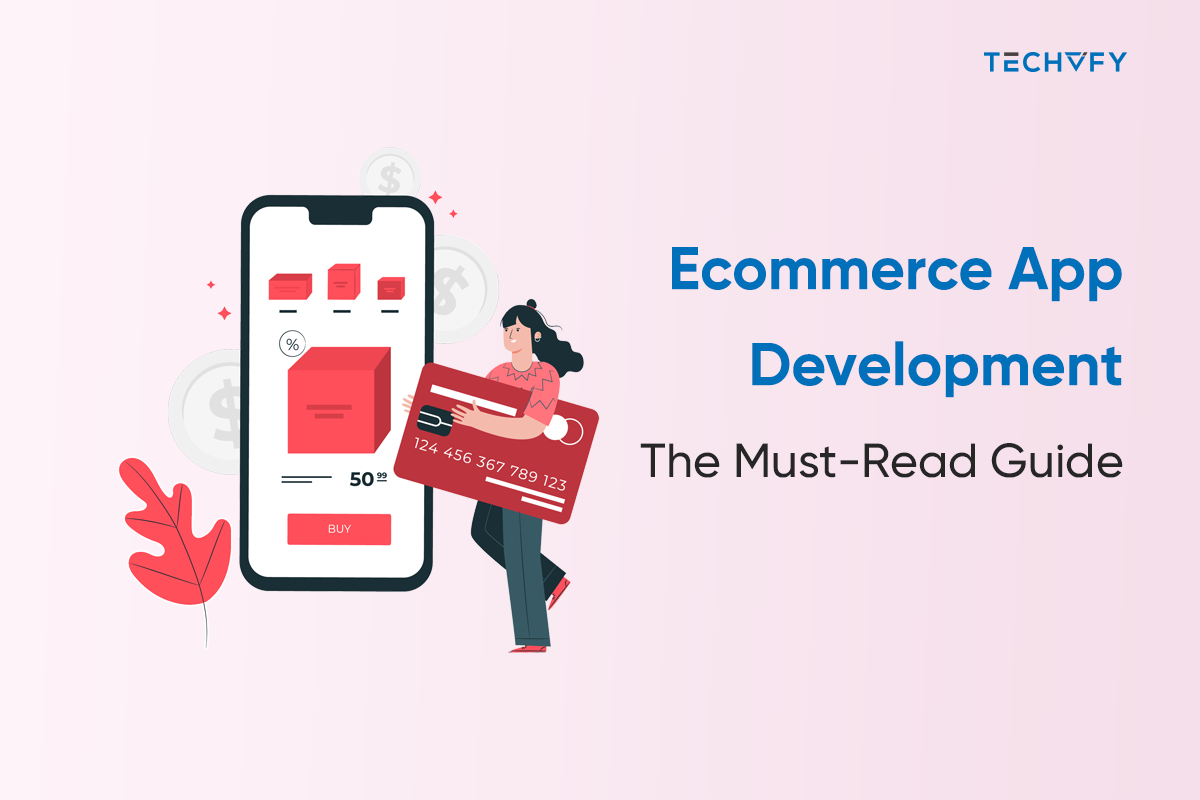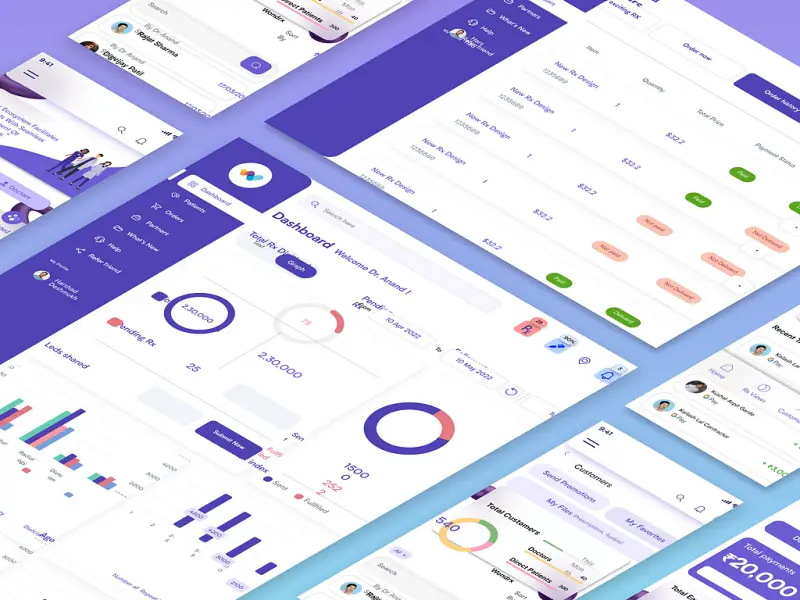How Much Does Custom CRM Development Cost In 2025?
- TECHVIFY Team
- 0 Comments
Customer relationship management (CRM) systems are essential for organizations aiming to streamline operations, enhance customer satisfaction, and drive growth. CRM provides significant benefits. For example, research by Nucleus found that for every dollar spent on CRM, companies get $8.71 in return—1.5 times more than just three years ago.
According to Statista, annual revenue growth from CRM systems is projected at 10.59% through 2028, resulting in a market volume of $131.90 billion. As businesses increasingly recognize CRM’s value, many customize CRM solutions to meet unique needs. However, custom CRM software development costs can vary greatly depending on several factors.
This article explores the key influences on custom CRM development costs in 2024 and offers practical tips to help lower costs while still achieving your business goals.
CRM Software Cost Estimates for 2025
Developing custom CRM software involves various costs. Here’s a breakdown of potential expenses based on recent data.
Small Business Custom CRM
- Time: Typically takes a few weeks to a couple of months.
- Budget: Around $10,000.
- Details: This CRM might include features like scheduling, online payments, automated SMS and email, client history, and human resources management.
Standard Custom CRM Development
- Time: Usually several months, depending on features and complexity.
- Budget: Approximately $55,000.
- Details: This estimate is based on an average developer rate of $20-25 per hour. However, costs could rise if hiring developers from the U.S. or Western Europe, who charge higher rates ($70-100 per hour).
Complex CRM Development Cost
- Time: Can take many months.
- Budget: Up to $345,000.
- Details: Complex CRMs require extensive development, specialized teams, and long timelines. These systems often include advanced integrations, automation, and data analytics, which drive up costs.
See more about CRM development:
Factors Influencing Custom CRM Development Costs
Custom CRM development costs depend on multiple factors. Below is a detailed overview of these key elements:
Features and Complexity
Basic Features: Simple CRMs with basic features like contact management, task tracking, and basic reporting are less costly. These systems require less development time and fewer resources.
Advanced Features: More sophisticated CRMs include advanced functionalities such as workflow automation, AI-driven analytics, multi-channel communication, and integration with third-party services. Developing these features requires more skilled developers, longer development times, and rigorous testing, all increasing costs.
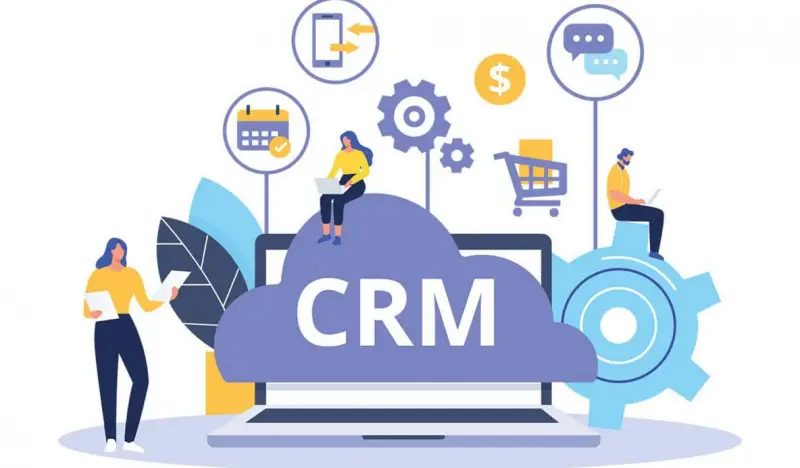
Development Time
Short-Term Projects: These projects, which might include minimal feature sets and basic customizations, can be completed in a few weeks to a couple of months. They are less expensive due to the shorter time commitment.
Long-Term Projects: Projects spanning several months to over a year involve extensive planning, development, and testing phases. These include regular updates and iterations based on feedback, making them more costly.
Developer Rates
Regional Variations: Developer rates differ significantly across regions. For instance, Southeast Asian developers, including Vietnam, typically charge lower rates than their U.S. or Western European counterparts. This can result in substantial cost savings.
Skill Levels: More experienced developers with specialized skills command higher rates. While hiring top-tier talent can lead to higher initial costs, it may result in a more efficient development process and a higher-quality product.
Team Size
Small Teams: A small team might consist of a few developers, a project manager, and a designer. This setup is more cost-effective but may lead to longer development times.
Large Teams: Larger teams can include multiple developers, testers, designers, business analysts, and project managers. While this can accelerate the development process, it also increases payroll and administrative costs.
Customization Needs
Minimal Customization: Using an existing CRM solution with slight modifications is cheaper and faster. This approach suits businesses with straightforward requirements.
Extensive Customization: Creating a highly customized CRM tailored to specific business needs involves more extensive coding, testing, and adjustments. This level of customization demands more resources and time, leading to higher costs.
Maintenance and Support
Basic Support: Basic support packages might include regular updates, bug fixes, and minor enhancements. These are essential but relatively low-cost services.
Comprehensive Support: Comprehensive support includes 24/7 technical support, regular system upgrades, and proactive monitoring. This level of service ensures the CRM remains up-to-date and secure but adds to the ongoing expenses.
Technology Stack
Common Technologies: Using widely adopted technologies and frameworks can reduce costs, as there is a larger pool of developers with these skills and more available resources and documentation.
Specialized Technologies: Some projects may require niche technologies or specific tools requiring specialized knowledge. These can be more expensive due to the limited availability of skilled developers and potential licensing fees.
Let’s Build Your Custom CRM Software!
Get in touch with our experts for a free consultation. We’ll help you decide on the next steps, explain how your CRM will be built, and provide you with a free estimation.
Tips for Lowering Custom CRM Development Costs
Reducing the cost of custom CRM development is possible with careful planning and strategic decisions. Here are some practical recommendations:
Prioritize Essential Features
Determine the key features that best align with your business objectives. Avoid adding unnecessary functionalities that can increase development time and costs. Implement a phased approach, starting with a Minimum Viable Product (MVP). This allows you to launch quickly and add more features based on user feedback and business growth.
Choose an Affordable Development Team
Explore outsourcing development to areas where labor costs are more affordable, such as Southeast Asia or Eastern Europe. This can significantly reduce expenses without compromising quality. Hiring freelancers can be more cost-effective than working with large agencies but ensure that freelancers have a proven track record and good reviews.
Use Open Source Solutions
Leverage open-source CRM platforms like SuiteCRM or Odoo. These can be tailored to suit your particular requirements, saving on licensing fees and reducing development time. Open-source solutions often come with strong community support, which may be more manageable than a significant initial investment.
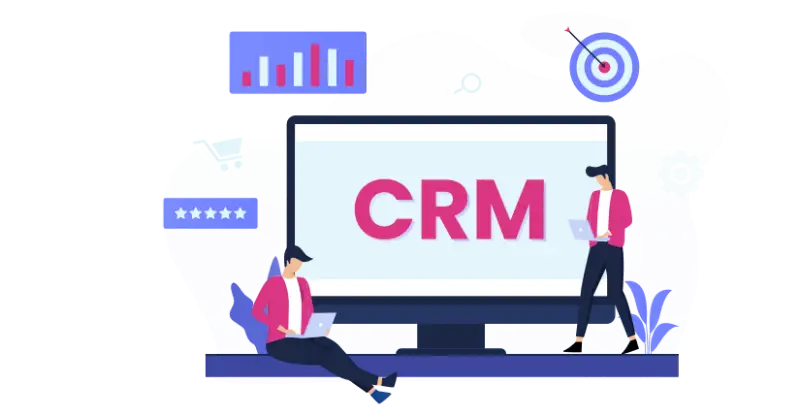
Opt for Cloud-Based Solutions
Use cloud-based CRM solutions to avoid the costs of maintaining physical servers and infrastructure. Many cloud-based CRMs offer subscription-based pricing, which can be more manageable than a large upfront investment.
Reuse Existing Components
Design the CRM in a modular way, allowing reuse of components across different parts of the system. This reduces the need for redundant development efforts. Utilize existing third-party integrations, such as payment gateways and email services, instead of developing these features from scratch.
Efficient Project Management
Define clear and detailed project requirements from the outset to reduce the likelihood of scope creep, which can lead to increased costs. Adopt agile development practices to ensure flexibility and continuous improvement. Regular iterations help in early identification and resolution of issues, saving time and money.
Invest in Skilled Developers
Hire experienced developers who can work efficiently and deliver high-quality code. Though their rates might be higher, they can finish the project more swiftly and with greater accuracy, reducing overall costs. Additionally, invest in training your internal team to handle minor updates and maintenance, reducing dependence on external developers for every small change.
Regular Testing and Feedback
Implement continuous testing throughout development to detect bugs and issues early, preventing costly fixes later. Gather regular feedback from users to ensure the CRM meets their needs, and make adjustments based on real user input to prevent unnecessary features and reduce rework.
Tools and Resources for Estimating CRM Development Costs
Calculating the expenses involved in creating a custom CRM system can be complex, involving numerous variables and considerations. Fortunately, several tools and resources can assist in providing accurate cost estimates, helping businesses plan their budgets more effectively. Below are some of the most useful tools and resources for estimating CRM development costs:
Cost Estimation Software
Several software solutions are designed specifically to help businesses estimate the costs of software development projects, including custom CRM systems. These tools often consider various factors such as project scope, development time, and resource allocation. Some popular cost estimation tools include:
- Jira: Primarily a project management tool, Jira can also be used to estimate development costs by tracking time and resources spent on different tasks.
- Costimator: This tool provides detailed cost estimates, considering labor rates, material costs, and other project-specific factors.
- Cocomo II: An advanced model for estimating software development costs, Cocomo II uses historical data and project-specific parameters to provide accurate estimates.
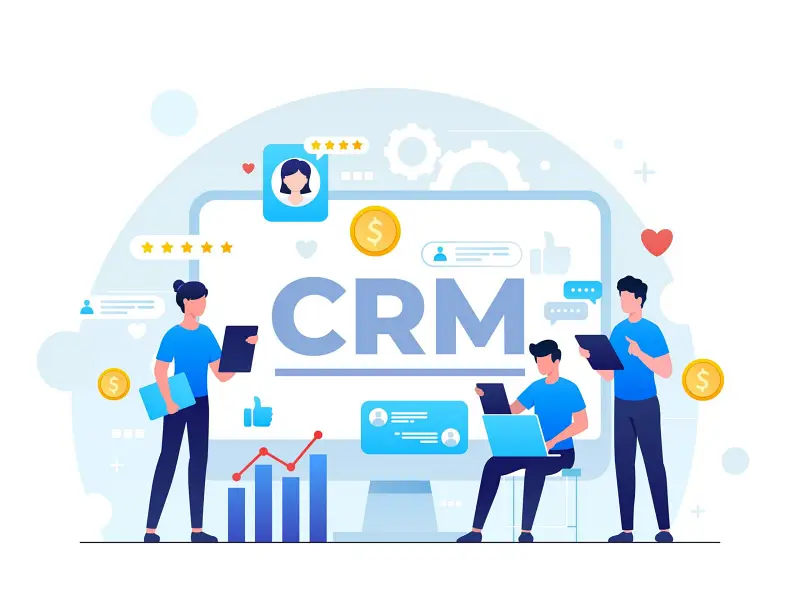
Industry Benchmarks
Industry standards can offer important insights into the typical costs associated with custom CRM development. These benchmarks are often based on data collected from various projects within the industry and can serve as a useful reference point. Some sources for industry benchmarks include:
- Gartner: Known for its comprehensive research and analysis, Gartner provides detailed reports on software development costs and trends.
- Forrester Research: Another reputable source, Forrester offers market analysis and cost benchmarks for CRM and other software development projects.
- Clutch: This platform provides reviews and ratings for software development companies, as well as information on project costs and client feedback.
Expert Consultations
Consulting with experts in the field of CRM development can provide tailored cost estimates and valuable insights. Experts can help identify potential cost drivers and provide recommendations for optimizing the development process. Some ways to engage with experts include:
- Hiring a Consultant: Professional consultants with experience in CRM development can provide detailed cost estimates and strategic advice.
- Webinars and Workshops: Participating in webinars and workshops led by industry experts can offer guidance on cost estimation and best practices.
- Networking: Joining industry groups and forums can facilitate connections with professionals who have experience in CRM development and cost estimation.
Online Calculators
Several online calculators are available that provide quick and easy cost estimates for custom CRM development. These calculators typically require input on project specifics, such as the number of users, desired features, and development timeline. Some popular online calculators include:
- Toptal’s Project Estimator: This tool estimates costs based on project requirements and selected technologies.
- BuildFire’s App Cost Calculator: While primarily focused on mobile apps, this calculator can also be used to estimate CRM development costs by inputting relevant parameters.
- Crew’s Cost Calculator: This online tool offers estimates for various types of software projects, including custom CRM systems.
Templates and Checklists
Using templates and checklists can help ensure that all relevant factors are considered when estimating development costs. These resources can provide a structured cost estimation approach and help identify potential oversights. Some useful templates and checklists include:
- Project Budget Templates: Available through platforms like Microsoft Office or Google Sheets, these templates can help outline and track estimated costs.
- Feature Checklists: Comprehensive checklists that include common CRM features can help ensure that all necessary functionalities are accounted for in the cost estimate.
- Development Plan Templates: These templates can assist in planning the development process and estimate associated costs by breaking the project into manageable phases.
Conclusion
Custom CRM systems are essential for enhancing operations, boosting customer satisfaction, and driving growth. As the market grows, more businesses opt for customized CRM solutions.
However, the costs of developing custom CRM software can vary widely. Factors such as features, development time, and team size all play a role. You can effectively manage these costs by focusing on essential features, choosing affordable development teams, and leveraging open-source or cloud-based solutions.
Contact TECHVIFY for top-notch CRM development services and expert consultation. Let us help you create a customized CRM solution that fits your needs and budget.
TECHVIFY – Global AI & Software Solutions Company
For MVPs and Market Leaders: TECHVIFY prioritizes results, not just deliverables. Reduce time to market & see ROI early with high-performing Teams & Software Solutions.
- Email: [email protected]
- Phone: (+84)24.77762.666




